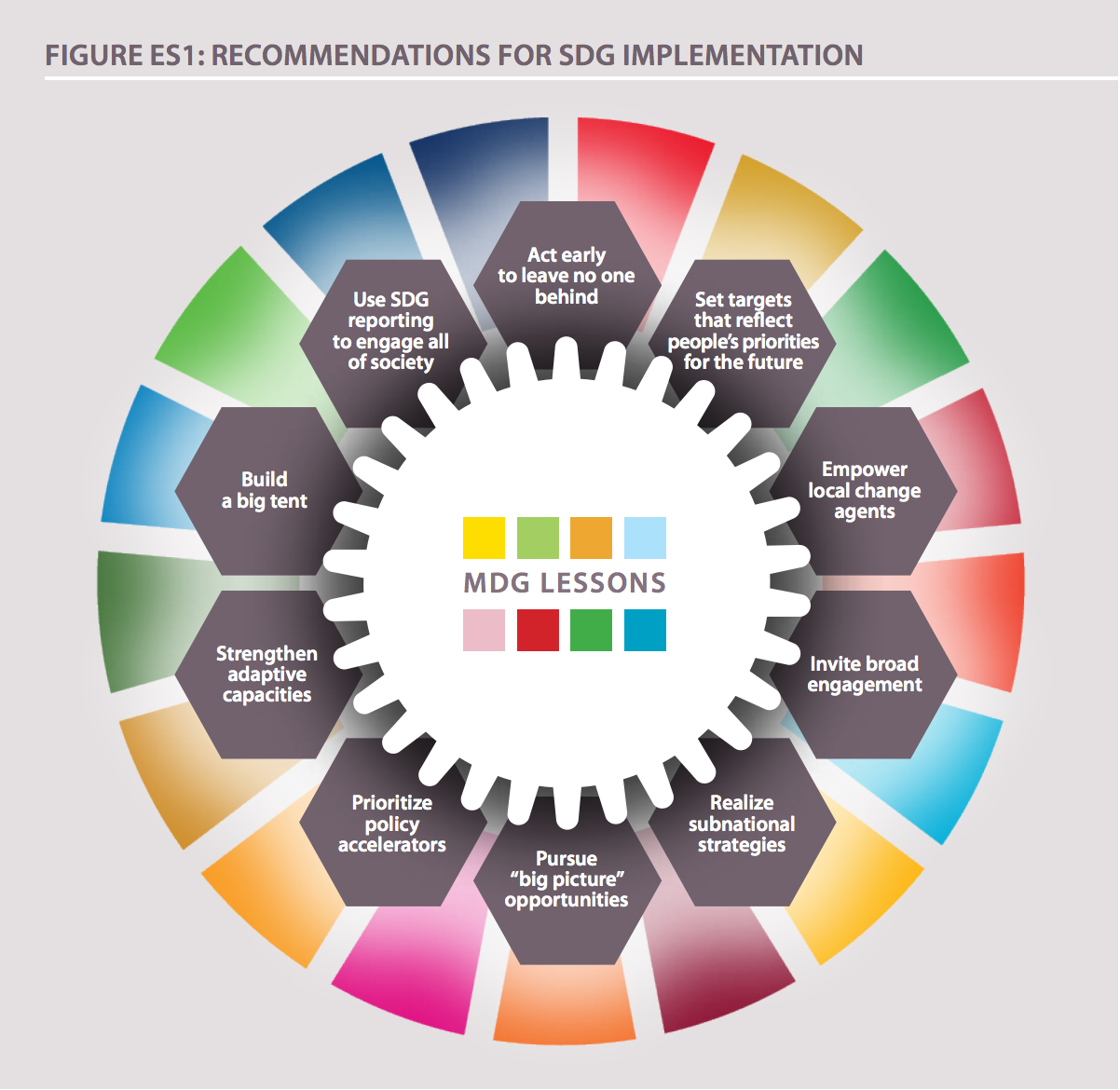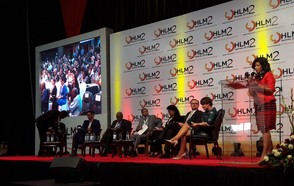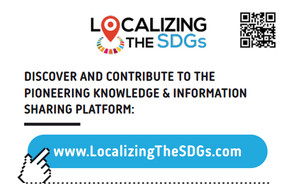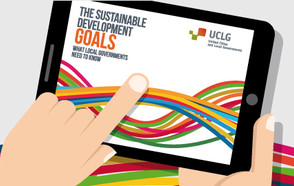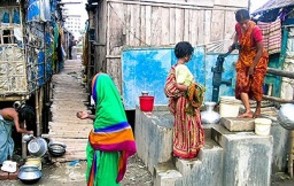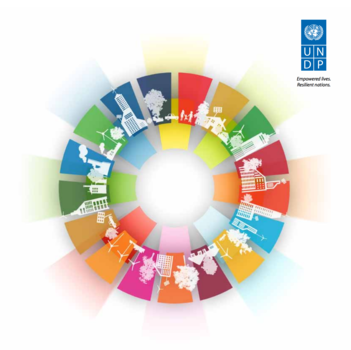
As a useful contribution to the growing debate on the Sustainable Development Goals (SDGs), last November the United Nations Development Programme (UNDP) released From the MDGs to Sustainable Development for All, a report on the transition from the implementation of the Millennium Development Goals (MDGs) to the SDGs.
As the international community enters a phase of consistent commitment to the implementation of the SDGs, the experience of the MDGs offers a number of lessons to be learned for the close future. The UNDP report provides sub-national governments, local authorities and local communities with significant recommendations and –at the same time – strong responsibilities. It identifies the local level as a game-changer in the process of SDG implementation and localization, and welcomes local actors at all levels of governance to consider the heritage, the shortcomings and, most importantly, the successes of the MDG campaign to guide future action.
The report – which is available on UNDP’s website, at this link – advances ten clear-cut suggestions for SDG implementation based on the work that, over the last fifteen years, the United Nations, its agencies, national governments and their peoples have put in the achievement of the Millennium Development Goals. Local actors, sub-national governments and engaged communities are at the centre of this strategy.
An aware citizenship is key to improve the accountability of national governments: tailored implementation and localization through systematic engagement of sub-national governments and authorities is another key recommendation (#5) advanced in the report. A committed collaboration between national and local governments – through an effective ‘nesting’ strategy that is replicable in the process of localizing the SDGs – is crucial to “tap local know-how, facilitate the direct involvement of citizens, identify and prioritize those being left behind, strengthen accountability and transparency” (p. 70). The report also calls for the empowerment of “local change agents” (recommendation #3) as drivers of renewed awareness of the SDGs and their ‘glocal’ nature and scope. Local agents are intermediaries that can help people understand SDGs as a national objective for the achievement of shared, common global goals.
It identifies the local level as a game-changer in the process of SDG implementation and localization, and welcomes local actors at all levels of governance to consider the heritage, the shortcomings and, most importantly, the successes of the MDG campaign to guide future action.
The UNDP recommendations and agenda are consistent, moreover, with the long-standing efforts put forth by UCLG and the Global Taskforce of Local and Regional Governments (GTF). The report may offer enhanced visibility, as well as institutional legitimation, to the expertise that UCLG and the GTF have built through their action. Global advocacy, peer-to-peer learning and community engagement have been at the core of a strategy that most recently reaped its benefits at the 2nd World Assembly of Local and Regional Governments, organized by the GTF during the Habitat III meeting in Quito, and that has galvanized the emergence of a new global consensus on sustainable development and the role of local governments.
Learning from practice on the ground
The UNDP report also does a valuable job in highlighting the added value of 15 years of practice on the ground. The lessons learned by activists, politicians, local, national and global leaders in this regard can draw up an effective roadmap towards the successful implementation of the SDGs. The report is particularly emphatic on the role of an engaging advocacy work. Communicating, involving and facilitating have been powerful tools to tailor the MDGs (and their universal ambitions) to the real issues and challenges that the population faces on a daily basis. Cross-level alliances and initiatives have been successful in bringing the MDGs to life in as diverse contexts around the world as India, Western Africa, South-East Asia or Latin American countries.
Aiming at the localization and implementation of the SDGs, sub-national strategies – co-owned and co-defined by local authorities, communities and social actors, and consistent with national policies and the global mission of the SDGs – can help address inequalities, lack of transparency, and adequately take the needs of the most marginalized and least empowered into due consideration. The report, finally, highlights the importance of data collection and a constructive approach to the new technologies and tools available today: monitoring and reporting are going to be essential to fulfil the SDGs’ mission, and one area of expertise in which UCLG can significantly help its members and contribute to the global effort to implement the SDGs and adequately monitor their progress across the international community.
For more information, visit the UNDP website, as well as their library of SDG-related publications











